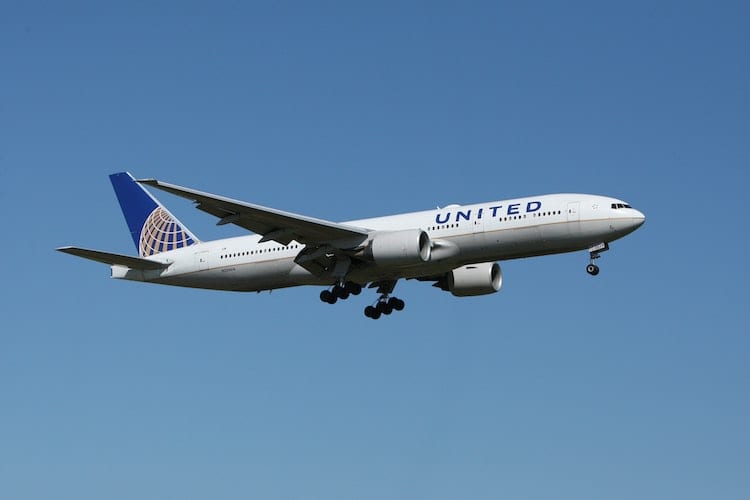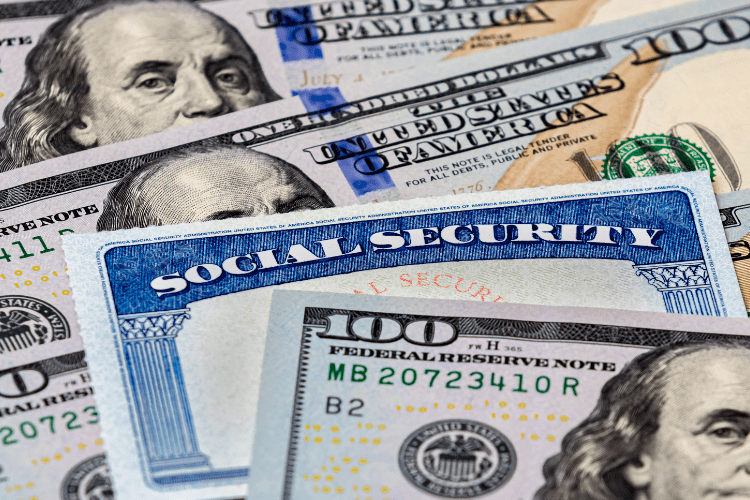Major Airlines are Eliminating Flight Change Fees. Why?

The airline industry has faced significant challenges since the coronavirus pandemic started. The economy as a whole has been hit hard, but airlines are facing existential challenges. After a national emergency was declared, airfare in the U.S. came to a virtual standstill.
To try and bring people back into the air, some airlines have made drastic changes. Every major flight provider has enacted safety protocols, but some are searching for other ways to entice flyers. Namely, a few major airlines are ending flight change and cancellation fees.
Flight Change Fees
According to CNN, change fees brought in $2.8 billion in revenue for airlines in 2019 alone. Anyone who has ever canceled or changed a flight knows that the related fees can be hundreds of dollars. Most major airlines suspended fees like change fees at the onset of the pandemic, but recently the three biggest airlines in the U.S. announced that they would be putting an end to these fees permanently.
United was the first company to make the move, announcing in late August that its temporary freeze on change fees would extend forever. American and Delta, the two other largest airlines in the country, followed United’s lead almost immediately. Delta, American, United, and Southwest – which has never charged change fees – account for roughly 60 percent of the U.S. airline industry. As these changes take place, budget airlines will likely follow suit. Alaska Air, for instance, already made a similar change.
The obvious benefit is for travelers who immediately gain more flexibility than ever when booking travel. Initially, United pledged to waive fees until the end of the year, but with January fast approaching the company likely felt it had to eliminate the change fee in order to promote more travel next year. Potential flyers waiting on vaccine news, for instance, might be more willing to book a trip for next year without worrying about unforeseen changes.
Airlines have been dependant on the revenue from change and cancellation fees for a long time. The practices usually brought in hundreds of millions of dollars for major flight providers annually, but no longer. Airlines are facing low demand and almost no revenue at all, largely because of the uncertainty from the coronavirus. Travelers are hesitant to book travel in advance, knowing something could disrupt their plans at any moment. The main goal for airlines right now is to sell as many tickets as possible, and cutting fees and costs is one way to reignite demand.
The Bottom Line
Airlines are going through serious challenges, so it’s no surprise that change is coming. In early September, United furloughed 16,000 employees, and American furloughed 19,000.
This move from major airlines should have some major ripples across the industry. Expect nearly every other domestic airline to follow suit or slash some fees, and look out for further cuts and discounts in the future.
The airline industry has its back against the wall currently, and will do what it takes to survive. Today, that means sanitizing planes, installing high-quality air filters, and ending some fees. If the pandemic or economy worsens, airlines may be forced to adapt further and institute new changes.
See Also: Scott’s Cheap Flights is Offering Five Years of Free Airfare









